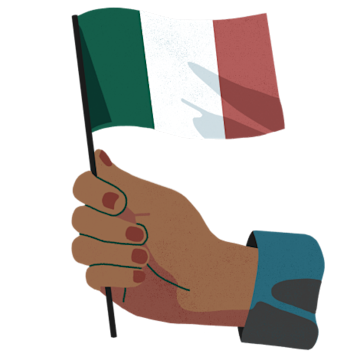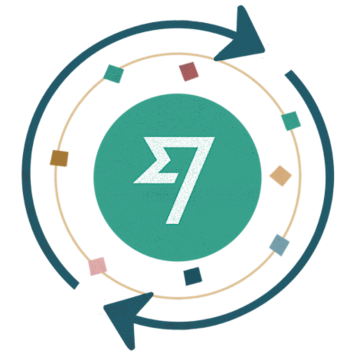
Moving to Milan: The Complete Expat Guide for 2024
Milan is a vibrant, international city offering excellent opportunities for expats. Here's what you need to know about moving to this Italian metropolis.

Hand holding Italian flag against sky
Housing Options in Milan
There are three main types of rental agreements in Milan:
- Freely negotiated (4+4): Four-year contracts with negotiable prices, renewable for another four years
- Regulated (3+2): Three-year contracts with association-set prices, extendable for two years
- Short-term: Contracts up to 18 months, ideal for students and temporary residents
When buying property, expect these costs:
- Real estate agency commission (3%)
- Land registration tax (2% for first homes, 9% for second homes)
- Fixed mortgage tax (€50)
- Fixed stamp duty (€50)
- Notary fees (variable)
Best Areas for Expats
- Navigli: Historic canal district with vibrant nightlife
- Tortona: Creative hub with art galleries and design studios
- Corso Sempione/Zona Fiera: Elegant residential area near Parco Sempione
- Isola: Traditional meets modern, featuring the iconic Bosco Verticale
- Porta Nuova/Porta Garibaldi: Modern business district ideal for professionals
- Porta Romana: Well-connected residential area with excellent amenities
- Città Studi/Lambrate: University district perfect for students
Top Universities
- Politecnico di Milano: Leading technical university
- University of Milan: Prestigious public institution
- Bocconi University: Renowned for business education
- Catholic University of the Sacred Heart: Largest Catholic university in Europe
- University of Milan-Bicocca: Modern campus with strong research focus
Cultural Insights
Milan differs from other Italian cities in several ways:
- Business-oriented culture with strong work ethic
- More meritocratic workplace environment
- International outlook with European mindset
- Open and accepting of diverse backgrounds
- Modern and fast-paced lifestyle

Wise app circular logo with arrow

Smartphone with credit card payment
Getting Established
To succeed in Milan:
- Learn basic Italian, though English is widely used in business
- Register for healthcare upon arrival
- Open an Italian bank account
- Obtain necessary permits and registrations
- Build professional networks through expat communities
The city offers excellent public transportation, world-class healthcare, and diverse educational options, making it an attractive destination for international professionals and families.
Related Articles

Complete Guide: Living as an Expat in Hamburg, Germany
